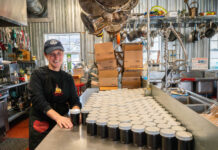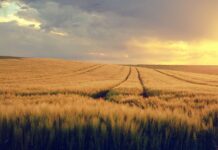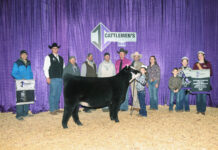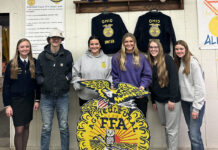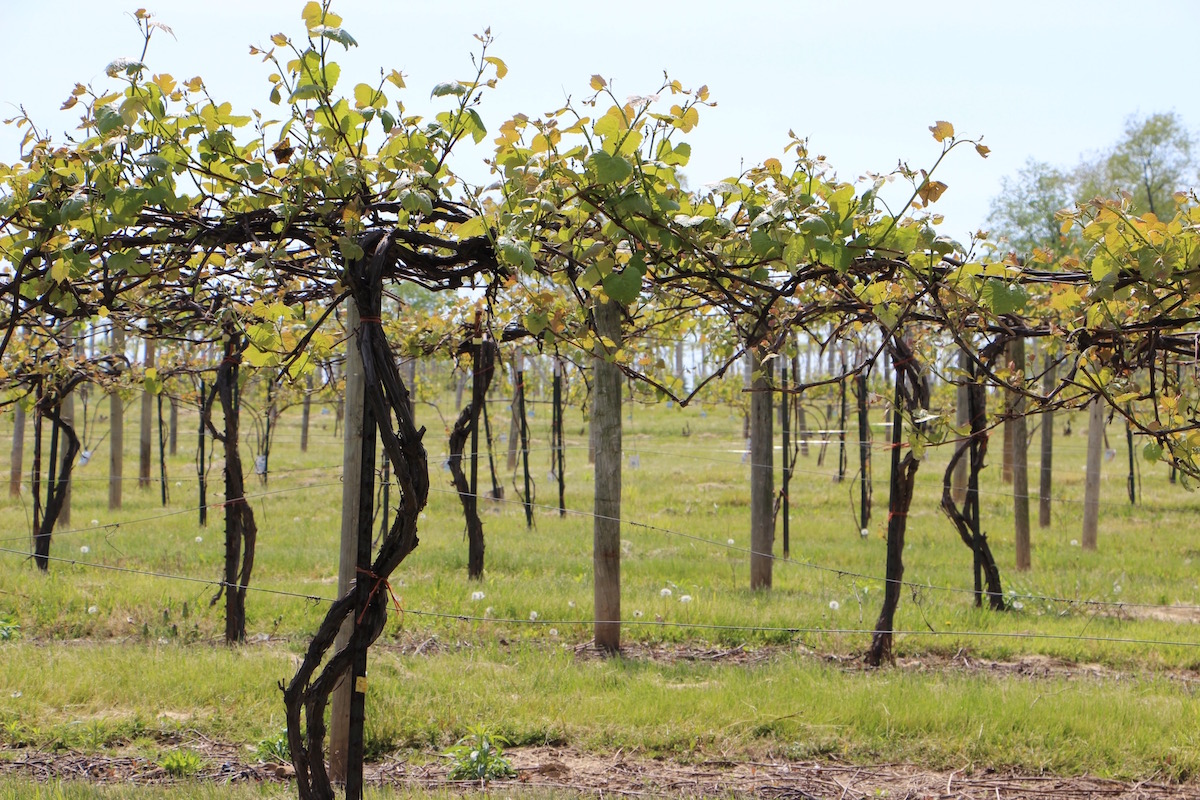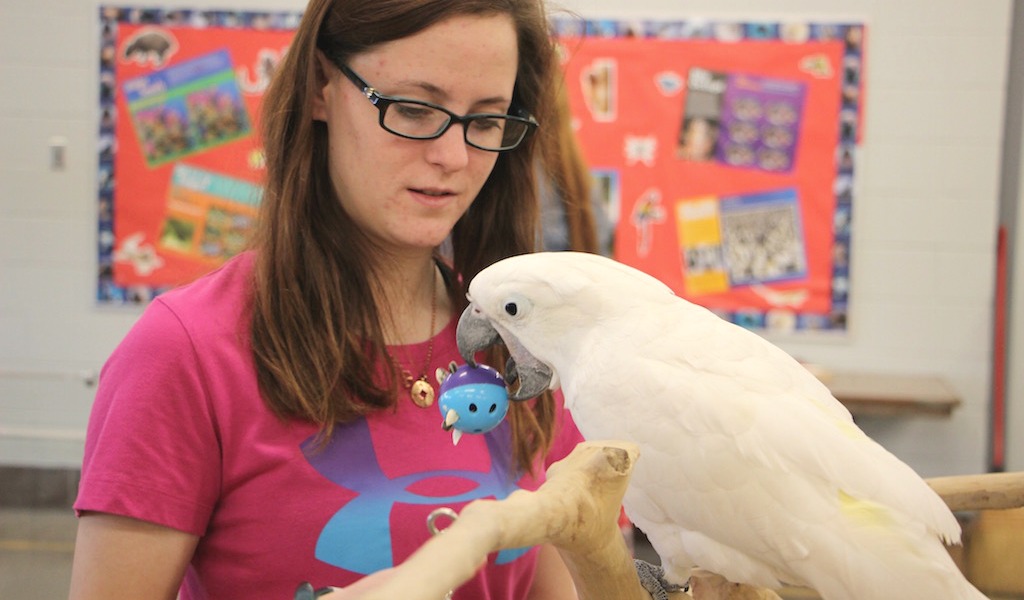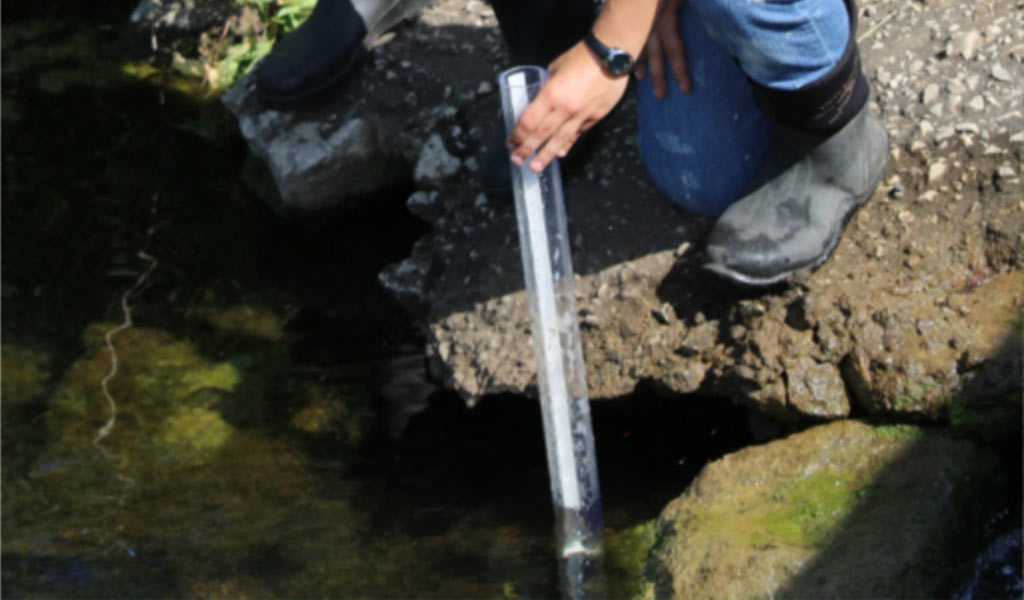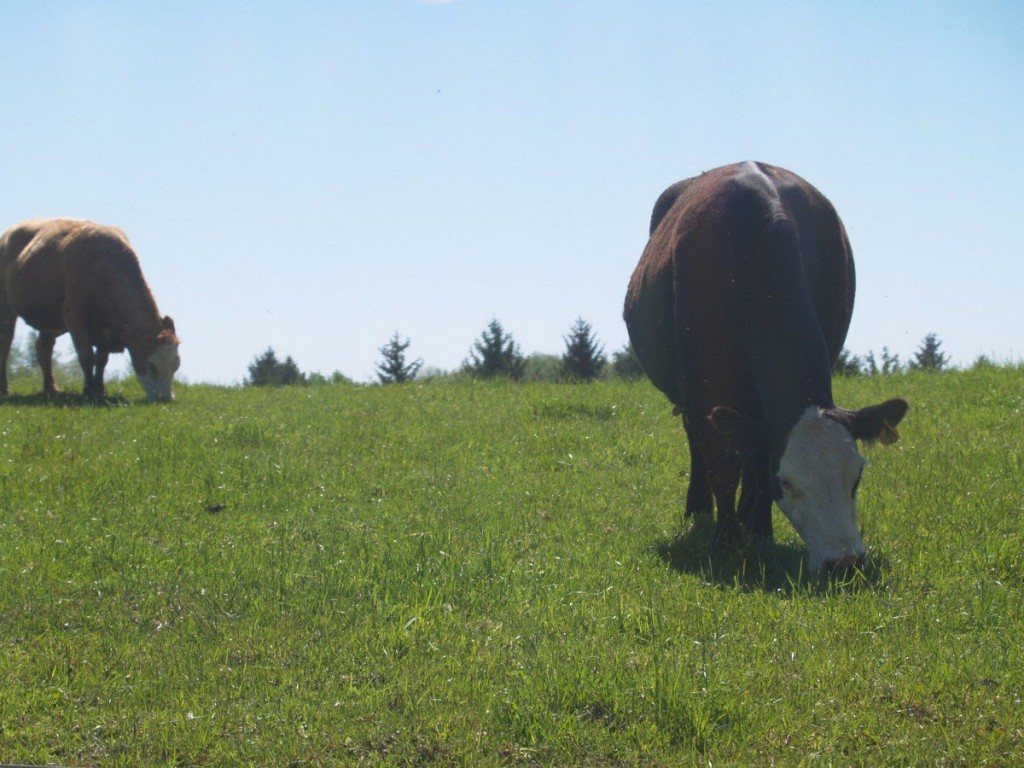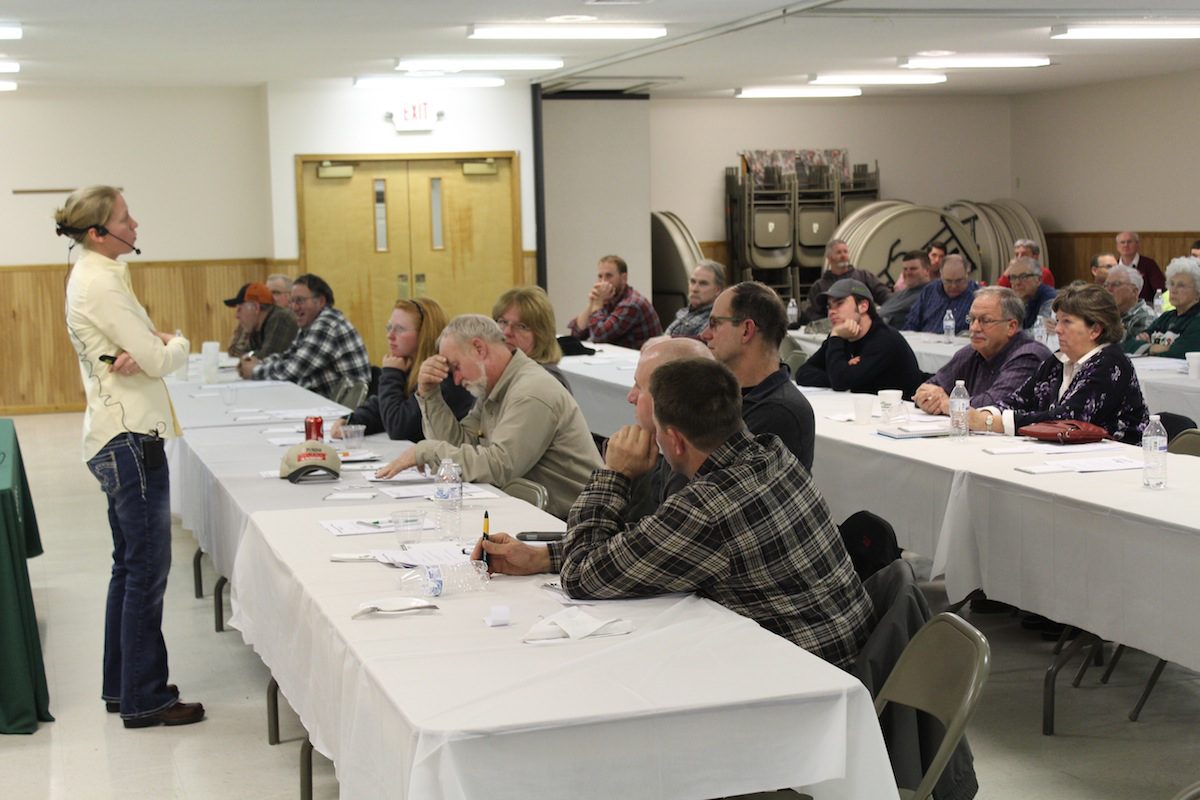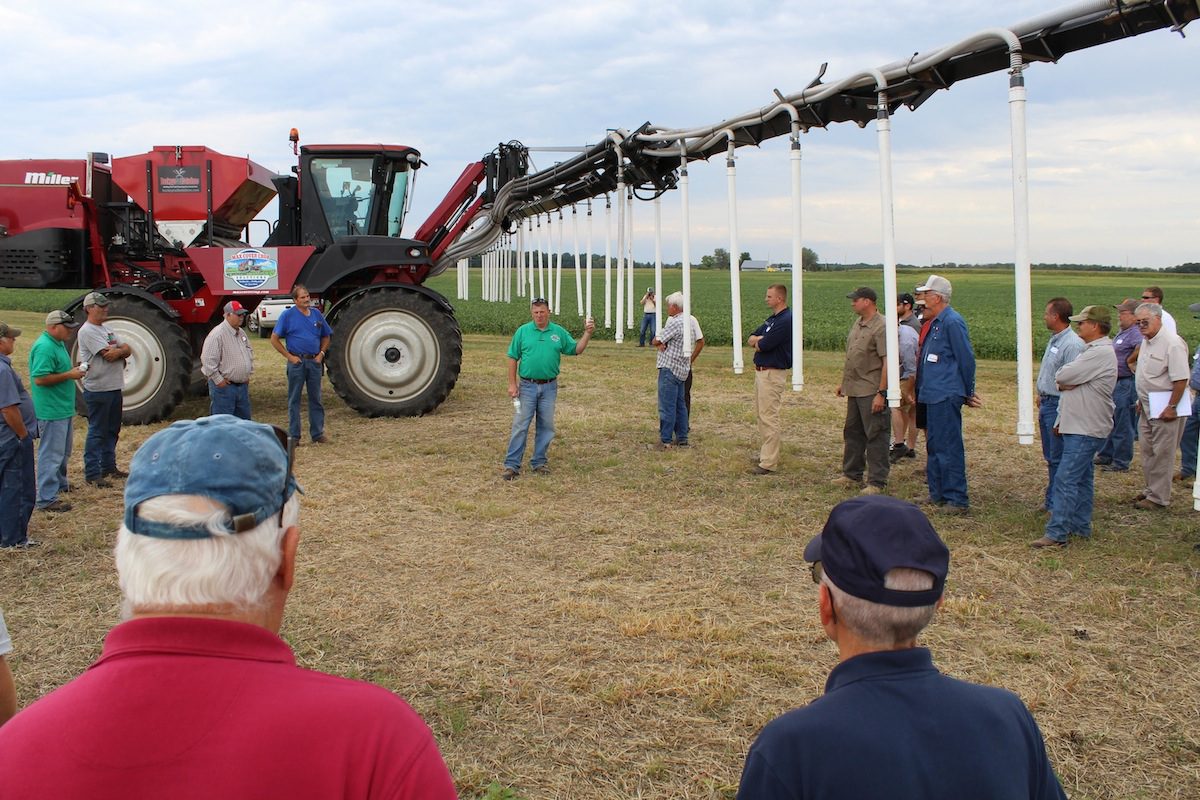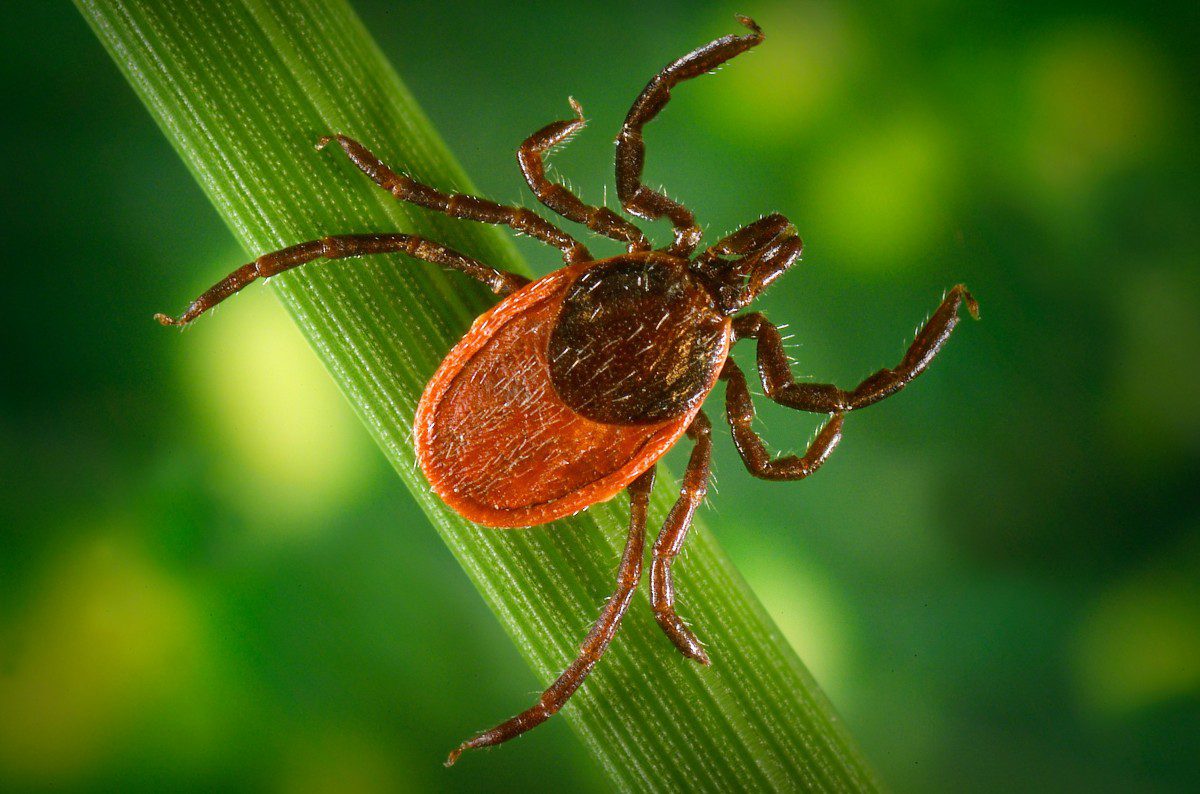Search Results for "Turnips"
News Results 704 of 775 pages
Ohio wine production climbing, now at No. 6
Ohio recently surpassed Michigan, inching up in its ranking for wine production to the sixth highest state in the nation.
Models help keep steam engine interest alive
The size of model engines is the primary factor making them popular.
Not your typical FFA program
The new South Stark Career Academy FFA program and animal science class explores wild and exotic animals.
Envirothon introduces students to soil and water issues
The Envirothon is a hands-on outdoor environmental competition that tests the natural resources knowledge of high school students.
Early U.S. tractor history: The story begins in Iowa in 1892
A book titled Fordson, Farmall, and Poppin’ Johnny, written in 1987 by Robert C. Williams, tells the history of the tractor beginning with John Froelich’s 1892 contraption, generally credited with being the first gasoline engine powered traction engine, up through the 1980s.
Of early tractor companies, few survived
During the years of World War I and after, at least until the severe agricultural depression of 1921, tractor manufacturers and wannabes, as well as not a few charlatans who only hoped to sell stock in non-existent tractor companies, were thick on the ground, especially in the Midwest.
For good spring and summer pastures, start early
Manage your pastures early and often for a good growing season.
Crop consultant explains potential of soybean yield
OBERLIN, Ohio — Part of producing a good yielding crop is choosing the right seed and the best genetics for your farm. And the other part is managing the growing environment as best you can, so the seeds live up to their potential. Missy Bauer, a certified crop advisor and an independent crop consultant with
Ohio farmers encouraged to practice ‘quality’ no-till
No-till field day highlights the many benefits of ‘quality’ no-till.
Ten things you should know about ticks
WASHINGTON — To find out how to steer clear of Lyme disease during “picnic season” — a time when people are more likely to pick up ticks — the National Science Foundation spoke with NSF-funded disease ecologist Rick Ostfeld of the Cary Institute of Ecosystem Studies, in Millbrook, N.Y., and program director Sam Scheiner of NSF’s Division of Environmental Biology. Below are their insights.
